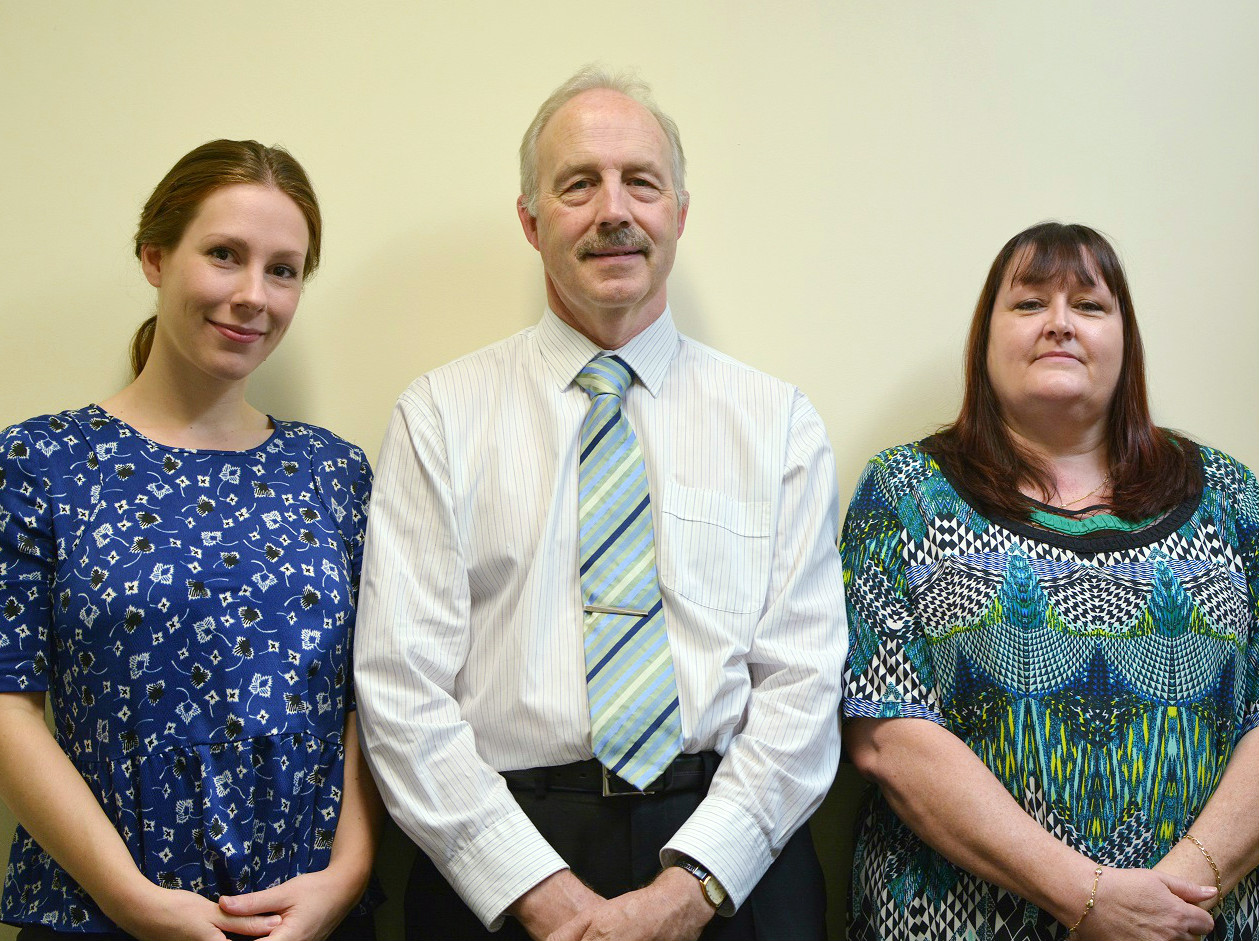In this Issue:
Auditory training for hearing aid wearers
Safe exposures to loud sounds
Ear-candling concerns
Hearing loss and your health
How do you rate your experience with us?
Referrals are very important to our business. If you have had a great experience with us and you believe that others may benefit from our personalised hearing services, we would greatly appreciate your recommendation or a written testimonial for our website.
Email: reception@isaudiologist.com.au
Post: Suite 7, 19 Outram St WEST PERTH 6005
Facebook: www.facebook.com/summerlinaudiology
Handy hearing aid tip:
If your hearing aid becomes wet -
Remove & discard the battery immediately.
Dry the aid as thoroughly as possible using a dry aid kit or hairdryer on LOW heat.
Leave the battery door open & leave the aid switched off for 24-48 hrs.
If the aid doesn't work with a fresh battery following these steps, please bring it in to see whether it needs repairing.
The Mozart Effect
The therapeutic use of music and music training has been shown to improve hearing in noise in older adults with hearing loss and to reduce the cascading effects of ageing and hearing loss on cognition.
For hearing aid users, it's easy to listen on a regular basis to music that's familiar and comfortable, with and without vocals, and even to sing along. Patients should choose music they know to reconnect with feel-good memories. The music should be kept at a comfortable volume so as not to put the input microphone into overdrive and create distortion - A modified hearing aid program that is properly adjusted for music rather than speech may be required.
Music is well-defined, freely available over a lifetime and easy to use, and it is a rewarding way to help people improve auditory and cognitive abilities. For seniors, music may be the only auditory training they receive, and, as an added benefit, it can reduce the effects of sound isolation and combat central ageing.
I love this song! Turn it DOWN!
We all know that exposure to excessive undesirable noise can cause permanent hearing damage - but what about sounds you love?
You may have heard that in March 2016, ACDC's frontman Brian Johnson was advised by Doctors to stop touring immediately or risk total permanent hearing loss. But what's the risk for concert-goers? The average sound level of a rock concert can be in excess of 110dB(A). By Work Health and Safety standards, a 'safe' level of exposure to that sound level is about 1.5 minutes. Any longer and you are risking permanent hearing loss and tinnitus.
Wearing ear plugs will not ruin your enjoyment of the concert, but it will help to protect your hearing and ensure that you can continue to hear and appreciate the sounds you love for longer.
Prefer DIY to ACDC?
Some power tools are known to produce dangerously high sound levels, such as circular saws (106dB, safe for 3 minutes) or chainsaws (104dB, safe for 8 minutes). It is always better to be safe than sorry. Protect your ears.
If it sounds too good to be true...

